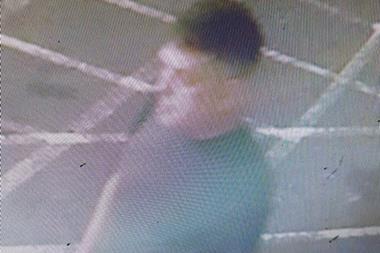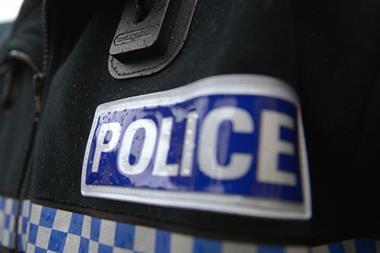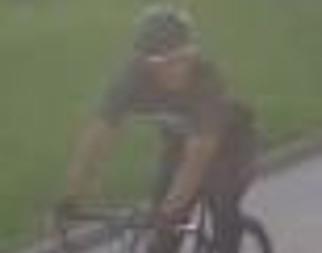The RAC has welcome the freeze in fuel duty announced by Chancellor Philip Hammond in today’s Autumn Budget.
Head of external affairs Peter Williams said: “We welcome the news that the Chancellor will freeze duty again this year. He has listened to motorists and business owners who are struggling with higher prices at the pumps. Drivers already contribute more than £27bn a year to the Treasury from fuel duty receipts, and we’d have liked to see the Chancellor commit to no further rises this Parliament. Perhaps he should now consider doing away with the threat of the fuel duty escalator - that looms over private drivers and businesses before every annual Budget – for good.
“Since January 2016, a litre of petrol is an average of 18p more expensive, and this is borne out with 61% of drivers telling us their expenditure on fuel has increased this year.
“The Chancellor has chosen to be relatively ’light touch’ when it comes to taxing new diesel cars. Any new diesel car registered from 1st April 2018 will be hit with a higher first year tax rate unless they conform to the latest real world driving standards. So current beleaguered owners of diesel cars can breathe a sigh of relief that they will not be punished further by the Treasury – but they will need to keep their eyes on local authorities who may be introducing clean air zones in the near future. The side effect of today’s announcement however might be that there is a risk therefore that it might encourage some to stay with their older diesel vehicles.
“His decision to increase the diesel surcharge on company car tax appears to be more about revenue-raising rather than using tax to encourage drivers to opt for a particular type of vehicle.
“Driverless cars are coming – there is no doubt about that, but more than a third of drivers we spoke to (39%) told us that they would rather see the Government invest in improving the UK’s existing road network. After all, a new generation of driverless cars will still depend on the roads we have today – which, in the case of local roads in particular, are plagued with potholes. A further one in four drivers would prefer to see public money spent on health or education.”






























No comments yet